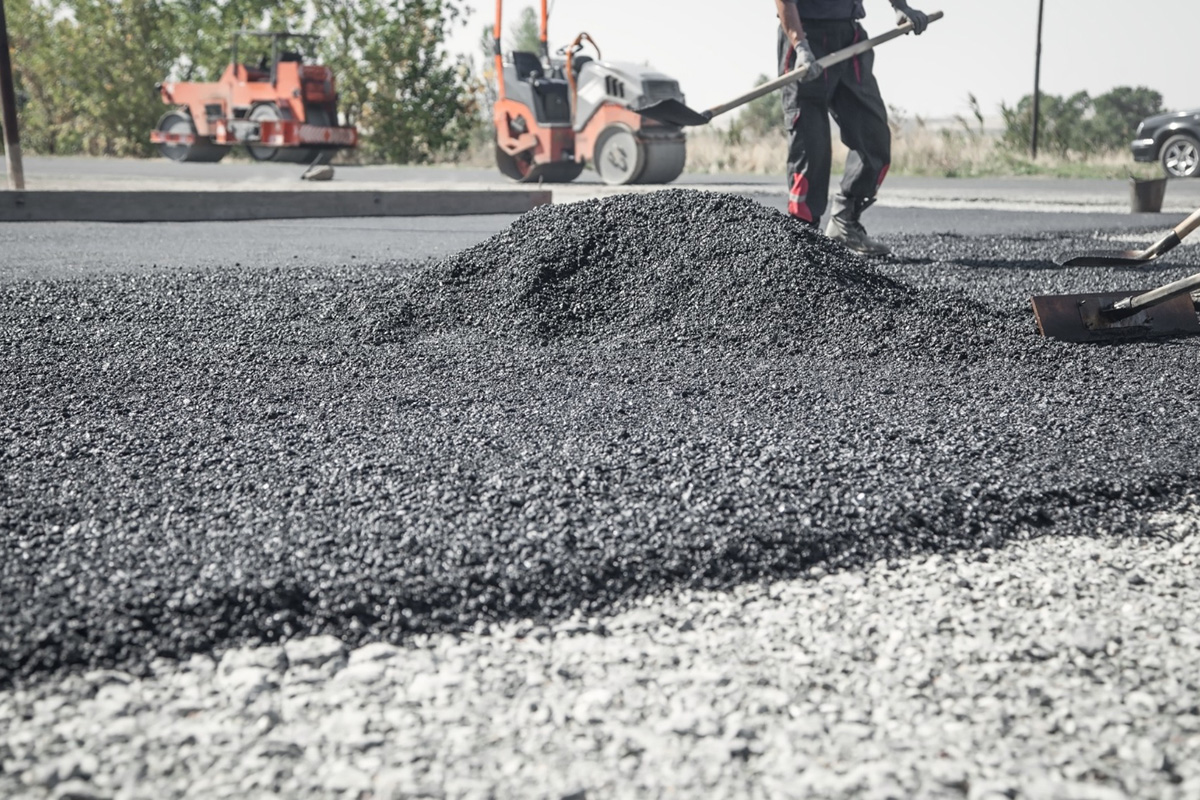
Have you ever wondered how the shiny, black asphalt that covers our roads and driveways is actually made? The manufacturing of asphalt might seem like a complicated process, but it is done in a systematic way. If you're looking for asphalt repairs in Orlando, FL, it is important to understand how asphalt is manufactured because it can help you make an informed decision when hiring a company to repair or repave your driveway or parking lot.
In this blog post, we are going to dive into the process of asphalt manufacturing. We will outline each step in detail, so you can get an understanding of how asphalt is made, and what goes into it. By the end of this post, you'll have a better understanding of asphalt, and you'll appreciate the work that goes into maintaining our roadways!
The first step in manufacturing asphalt is the extraction of raw materials. The materials required include bitumen, mineral aggregates, and sand. These materials are extracted from quarries or mines, and the bitumen is extracted from crude oil. It is important to extract these materials properly, in order to ensure the quality of the asphalt. The quality of the materials used will determine the final product's quality.
Once the raw materials have been extracted, they are taken to an asphalt plant. In the asphalt plant, the materials go through a mixing process, where they are heated and mixed together in a specific order. The mixing is done in large drums that are heated to around 300℉. At this temperature, the bitumen becomes liquid, and it mixes thoroughly with the other materials. During the mixing process, asphalt cement is added to the mixture. The cement helps bind the material together and gives the asphalt its strength.
The third step in the manufacturing process is the actual paving. The freshly made asphalt mixture is transported to the job site, where it is dumped into a paver. The paver then spreads and levels the mixture out evenly. After the mixture has been spread and leveled, it needs to cool and harden before it can be used. This process is called curing.
The final step in the process of asphalt manufacturing is maintenance. Asphalt is a durable material, but it is not indestructible. Over time, the asphalt can start to wear down, crack, or even form potholes. It is important to maintain your asphalt to keep it in good shape. Maintenance can include sealcoating, crack filling, and patching, among other things.
Asphalt is a crucial material that we rely on daily. It is used on everything from our roads, to our driveways, and even airport runways. The process of manufacturing asphalt may seem complicated, but it is done in a highly systematic way. The quality of the raw materials, the mixing process, the paving, and maintenance all play an important role in the final outcome. If you're looking for asphalt repairs in Orlando, FL, it is important to hire a company that understands the manufacturing and maintenance of asphalt. Florida Sealcoating is such a company. They specialize in asphalt maintenance and repairs, and they use only the highest quality of materials in their work. Contact Florida Sealcoating today for a free estimate.